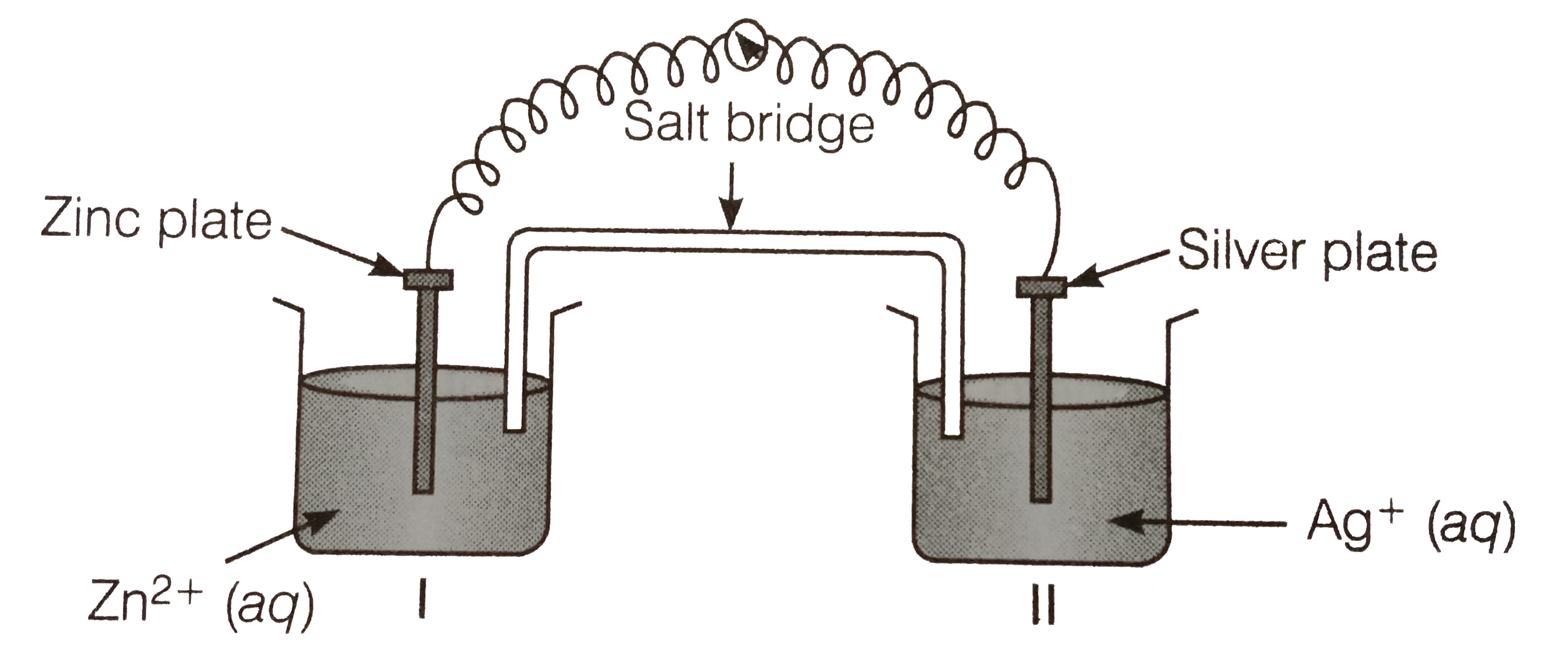How is the concentration of hydronium (H3O+) ions affected when a solution of an acid is diluted?
To understand how the concentration of hydronium ions (H₃O⁺) is affected when a solution of an acid is diluted, we can follow these steps:
1. Define Concentration:
- Concentration is defined as the amount of a substance (in moles) divided by the volume of the solution (in liters). Mathematically, it can be expressed as:
Concentration (C)=Moles of soluteVolume of solution (L)
2. Understanding Dilution:
- When we dilute a solution, we are adding more solvent (usually water) to the solution. This increases the total volume of the solution while the number of moles of solute (in this case, the acid) remains constant.
3. Effect on Volume:
- As the volume of the solution increases due to dilution, the concentration of the solute will change. Since the number of moles of H₃O⁺ ions does not change during dilution, we can analyze how the concentration is affected.
4. Inversely Proportional Relationship:
- The concentration of hydronium ions (H₃O⁺) is inversely proportional to the volume of the solution. This means:
C∝1Volume
- Therefore, as the volume increases (due to dilution), the concentration of H₃O⁺ ions decreases.
5. Conclusion:
- When an acid solution is diluted, the concentration of hydronium ions (H₃O⁺) decreases because the volume of the solution increases while the number of moles of H₃O⁺ remains unchanged.
Final Answer:
When a solution of an acid is diluted, the concentration of hydronium ions (H₃O⁺) decreases.
---
- Concentration is defined as the amount of a substance (in moles) divided by the volume of the solution (in liters). Mathematically, it can be expressed as:
Concentration (C)=Moles of soluteVolume of solution (L)
- When we dilute a solution, we are adding more solvent (usually water) to the solution. This increases the total volume of the solution while the number of moles of solute (in this case, the acid) remains constant.
- As the volume of the solution increases due to dilution, the concentration of the solute will change. Since the number of moles of H₃O⁺ ions does not change during dilution, we can analyze how the concentration is affected.
- The concentration of hydronium ions (H₃O⁺) is inversely proportional to the volume of the solution. This means:
C∝1Volume
- Therefore, as the volume increases (due to dilution), the concentration of H₃O⁺ ions decreases.
- When an acid solution is diluted, the concentration of hydronium ions (H₃O⁺) decreases because the volume of the solution increases while the number of moles of H₃O⁺ remains unchanged.
When a solution of an acid is diluted, the concentration of hydronium ions (H₃O⁺) decreases.
Similar Questions
How is the concentration of hydronium ions(H3O+) affected when a solution of an acid is diluted?
View SolutionHow is pH scale related to concentration of Hydronium ions?
View SolutionHow is the concentration of hydroxide ions(OH–) affected when excess base is dissolved in a solution of sodium hydroxide?
View SolutionWhat is the concentration of hydrogen ions [H+(aq)] in a solution when pH = 0?
View SolutionIn some solutions, the concentration of H3O+ remains constant even when small amounts of strong acid or strong base are added to them. These solutions are known as :
View SolutionWhen a concentrated solution of an electrolyte is diluted
View SolutionWhat is the concentration of hydrogen ions of a solution when its pH is 8?
View SolutionConsider figure from the above question and answer the questions (i) to (vi) given below.

(i) Redraw the diagram to show the direction of electron flow.
(ii) Is silver plate the anode or cathode?
(iii) what will happen it salt bridge is removed?
(iv) When will the cell stop functining?
( v) How will concentration of Zn2+ ions and Ag+ ions be affected when the cell function?
(vi) How will the concentration of Zn2+ ions and Ag+ ions be affected after the cell becomes dead?
View SolutionpH of which solution is not affected by dilution ?
View SolutionWhat effect does the concentration of H+(aq) ions have on the nature of the solution?
View Solution
